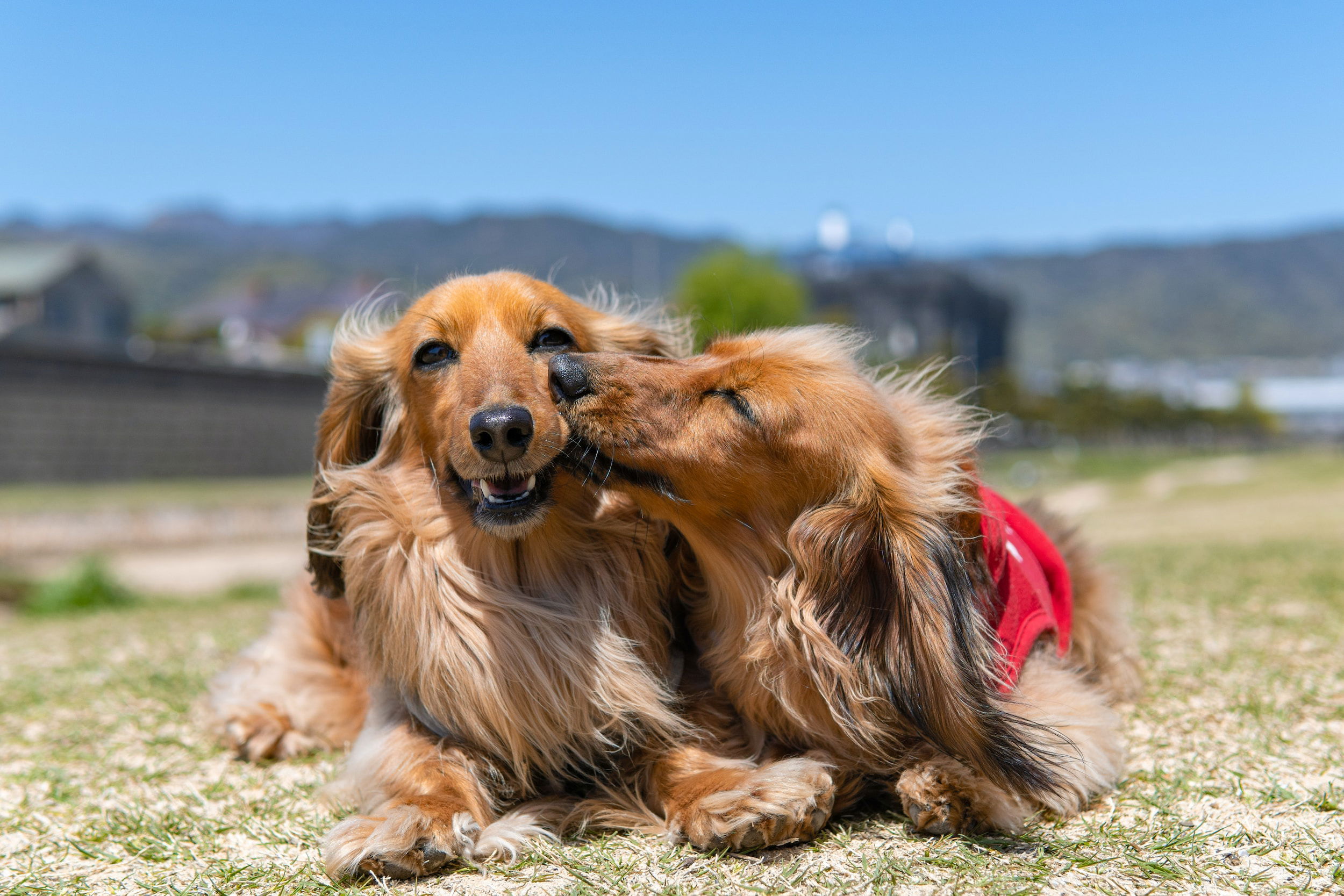The Art of Dog Socialization: How to Ensure a Well-Behaved and Happy Pooch
Dogs are known for their unwavering loyalty and affection, making them cherished companions for millions of people worldwide. To ensure your dog is not only a loving member of your family but also well-behaved and happy, mastering the art of dog socialization is essential. Socialization is a critical aspect of a dog's development, impacting their behavior, temperament, and overall well-being. In this comprehensive guide, we'll explore the importance of dog socialization and provide expert tips on how to raise a well-rounded and contented canine companion.

The Significance of Dog Socialization
Dog socialization refers to the process of exposing your dog to various experiences, people, animals, and environments from an early age. This essential practice helps your dog adapt to the world around them, develop healthy behaviors, and build confidence. Here are some key reasons why dog socialization is crucial:
- Behavioral Development: Proper socialization during puppyhood can prevent behavioral issues such as aggression, fear, and anxiety in adulthood.
- Safety: Socialized dogs are less likely to react aggressively or fearfully in unfamiliar situations, reducing the risk of bites or other incidents.
- Happiness: A well-socialized dog is more likely to be confident, happy, and relaxed in different environments and situations.
- Ease of Handling: A socially adept dog is easier to groom, administer medications to, and handle at the veterinarian's office.
Now, let's delve into the art of dog socialization and how to ensure your pooch grows up to be a well-behaved and contented member of your family.
Tips for Effective Dog Socialization
- Start Early: Begin socializing your puppy as early as possible, ideally between 3 and 14 weeks of age. Early exposure is crucial for shaping a dog's behavior.
- Positive Experiences: Ensure that socialization experiences are positive and enjoyable for your dog. Use treats, praise, and play to reinforce positive behavior.
- Varied Environments: Expose your dog to different environments, such as parks, streets, stores, and various indoor spaces.
- Meeting New People: Introduce your dog to a diverse group of people of different ages, ethnicities, and appearances. Encourage gentle petting and interaction.
- Other Dogs: Arrange playdates with other friendly and well-vaccinated dogs to teach your pup appropriate social behaviors.
- Exposure to Sounds: Familiarize your dog with various sounds, including traffic noise, thunder, sirens, and household appliances.
- Handling: Get your dog used to being handled by gently touching their paws, ears, and mouth. This will make grooming and vet visits easier.
- Obedience Training: Enroll in puppy obedience classes to teach basic commands and good manners. These classes also provide valuable socialization opportunities.
- Consistency: Maintain a consistent routine and schedule for your dog. Consistency helps dogs feel secure and reduces anxiety.
- Desensitization: Gradually expose your dog to things they may initially find scary, such as bicycles, skateboards, or vacuum cleaners. Use treats and praise to create positive associations.
- Supervised Play: While socializing with other dogs, always supervise play to ensure it remains safe and positive. Interrupt play if it becomes overly rough or aggressive.
- Adult Dogs: If adopting an adult dog, continue socialization to help them adapt to their new home and surroundings.
Overcoming Challenges in Dog Socialization
Some dogs may require extra attention and care during the socialization process, especially if they have had negative experiences in the past or exhibit fear or aggression. In such cases, consider seeking help from a professional dog trainer or behaviorist who can provide guidance and create a tailored socialization plan.

Conclusion
The art of dog socialization is a vital component of responsible dog ownership. By introducing your puppy to a wide range of experiences, people, and environments in a positive and controlled manner, you can help ensure your furry friend grows up to be a well-behaved, confident, and happy companion. Remember that socialization is an ongoing process, and even adult dogs can benefit from exposure to new and positive experiences. With patience, consistency, and love, you can raise a well-rounded and contented canine companion who brings joy to your life.
Sources:
- American Veterinary Society of Animal Behavior (AVSAB). "Position Statement on Puppy Socialization." https://avsab.org/wp-content/uploads/2018/03/Puppy_Socialization_Position_Statement_Download_-_10-3-14.pdf
- American Kennel Club (AKC). "Socialization for Puppies." https://www.akc.org/expert-advice/training/socialization-for-puppies/
- The Humane Society of the United States. "Socializing Your Puppy." https://www.humanesociety.org/resources/socializing-your-puppy
- American Veterinary Medical Association (AVMA). "Puppy Socialization FAQs." https://www.avma.org/resources/pet-owners/petcare/puppy-socialization-faq